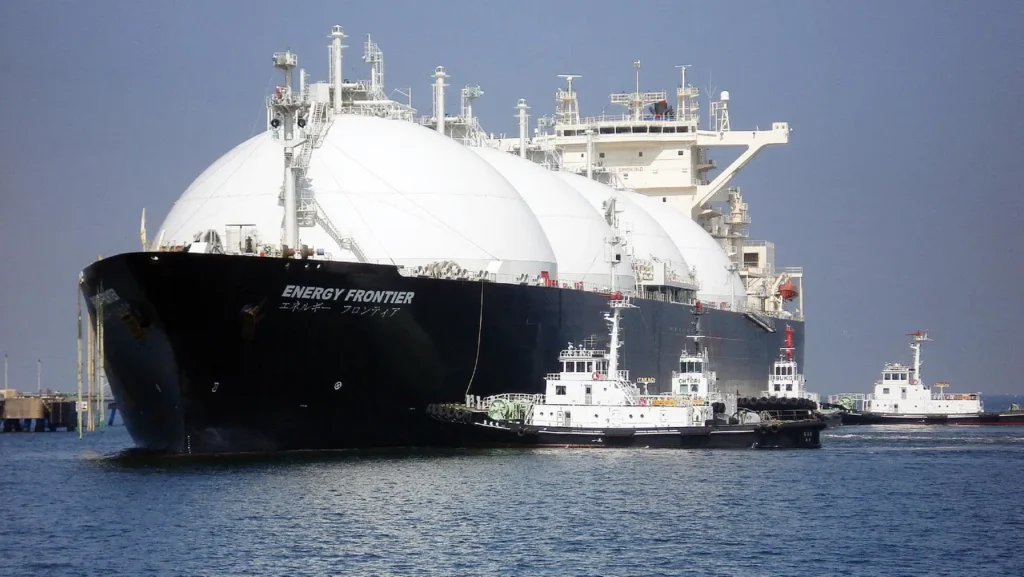In a move generating praise from environmentalists and criticism from the oil and gas industry, the Biden Administration declared a temporary halt on the approval of liquefied natural gas (LNG) export facilities on Friday.
Key Facts:
- The White House explained that the pause aims to provide the Energy Department with time to update the analyses used for approving LNG projects. The existing analyses, according to the White House, are outdated by five years and do not sufficiently consider the potential impact on energy costs or the environment.
- President Biden framed the decision as a significant aspect of his climate agenda, leveraging the pause to contrast against “MAGA Republicans” who he claimed “willfully deny the urgency of the climate crisis” in an election year.
- Environmentalists lauded the decision, with Sierra Club Executive Director Ben Jealous describing it as a “bold step” indicating a commitment to breaking America’s reliance on fossil fuels.
- Energy Secretary Jennifer Granholm clarified that the pause would not impact already-approved exports and exceptions would be made for national security emergencies.
Key Background:
- The U.S. leads in LNG exports, with proponents emphasizing economic benefits and increased geopolitical leverage. However, critics argue that LNG infrastructure expansion commits to prolonged fossil fuel use and imposes burdens on local communities.
- The announcement coincides with recent activism against specific projects, such as the CP2 export facility in Louisiana. While there were reports of a potential pause on CP2, administration officials noted it would not be immediately affected as it awaits Federal Energy Regulatory Commission approval.
Contrary Views:
- Supporters of new LNG projects criticized the decision, expressing concerns about its impact on the economy, energy affordability, and allies’ dependence on countries like Russia. Critics argue that blocking LNG exports would benefit Russia, Iran, and China, creating uncertainty about allies’ reliance on U.S. LNG for energy security.

